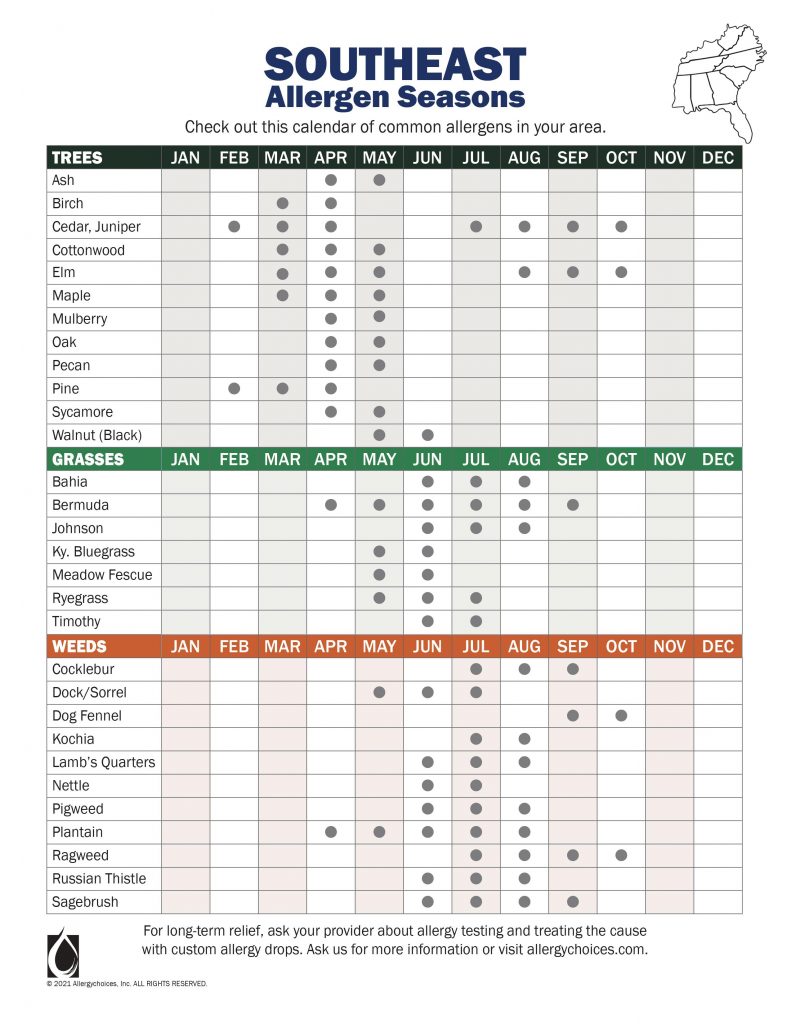By: Susan D. Denny, M.D., MPH
With the hectic pace of day-to-day life, many people don’t get the recommended amount of sleep each night. According to the National Sleep Foundation, adults typically need between seven and nine hours of sleep per night in order to function at their best. Getting a few less hours for even a few nights in a row can have the same effect as staying awake for 24 hours straight. And, over time, chronic sleep debt can contribute to fatigue, increased stress levels, reduced attention span, and declined cognitive performance.
One way to combat the effects of sleep deprivation—and repay some sleep debt—is to incorporate daytime napping into your schedule. The length of the nap and type of sleep you get during that nap help determine its potential health benefits. The table below identifies these benefits.
Nap Duration and Potential Health Benefits
10-20 minutes:
Reduces sleepiness; improves cognitive performance; increases alertness, attention, and energy levels; improves mood; improves motor performance; reduces stress levels
20-30 minutes:
Enhances creativity; sharpens memory
30-60 minutes:
Sharpens decision-making skills, including memorization and recall; improves memory preservation
60-90 minutes:
Rapid eye movement (REM) sleep, which is critical for problem solving; helps make new connections in the brain; enhances creativity; reduces negative reactivity; promotes happiness

The following is a list of tips and tricks to help you make the most of naptime:
- Choose a dark, quiet, comfortable place where you can relax.
- Try to limit the amount of noise and light in the room, and make sure the temperature is comfortable.
- Choose a time that works for you, and aim to nap at that time each day to establish a routine. You may find that restricting your naps to early afternoon (between 1:00 pm and 3:00 pm, or an hour or two after lunch) is less likely to interfere with your nighttime sleep patterns.
- Set an alarm on your cell phone, watch, or computer so you don’t sleep for too long.
- If you’re napping at the office, try closing your door and hanging a sign that says, “will return in 20 minutes.” Alternatives to this are napping in your car or on an outdoor bench.
- Wherever you nap, bring along something that you associate with sleep. Some ideas include a sleep mask, neck pillow, relaxing playlist and headphones, cozy blanket, warm socks, and lavender essential oil to dab on your pulse points.
- Keep in mind that longer naps may be accompanied by sleep inertia, or a period of grogginess that sometimes follows sleep. Give yourself time to wake fully before returning to any activity that requires a quick or sharp response.
Your Partner In Health!
Susan D. Denny, MD, MPH










